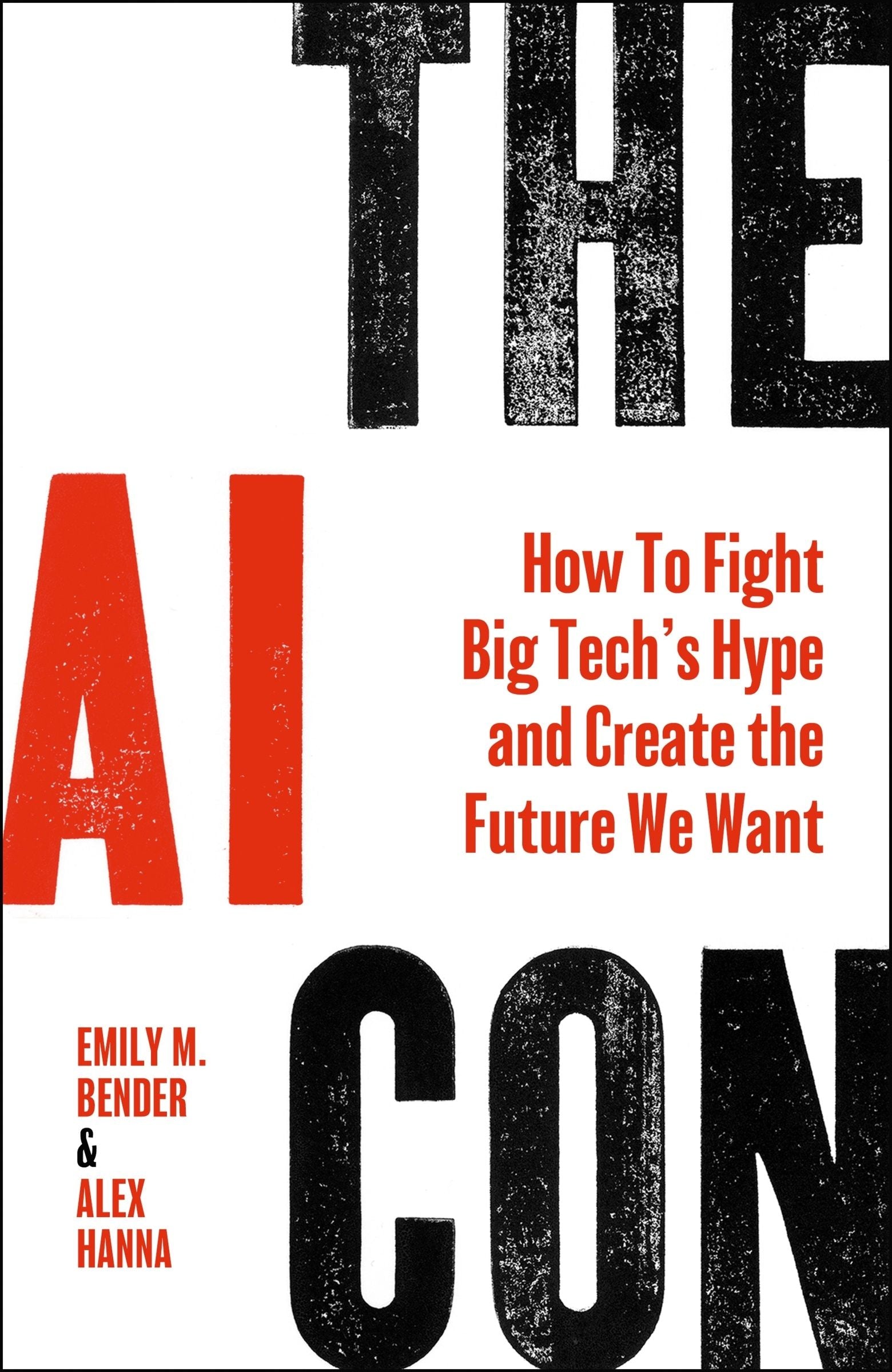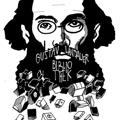Niklas quoted The AI Con by Alex Hanna
Google is aware of their responsibility for depriving the news ecosystem of its major source of advertising revenue, and has been experimenting with ways to support existing organizations. However, like many of the efforts put forward by Big Tech, many of their proposals will further entrench Al in the ecosystem, not lessen it. An investigation by 404 Media found that Google News is boosting ripped off content, slightly altered with LLM outputs, from other sites. Google has responded that they have no problem boosting these articles, stating, "Our focus when ranking content is on the quality of the content, rather than how it was produced." In other words: Al-generated content is A-okay for creating the news.
Google: let's mess up news for greed.
Absolutely horrendous.
#AI #ArtificialIntelligence #google #grift #news #capitalism
Google: let's mess up news for greed.
Absolutely horrendous.
#AI #ArtificialIntelligence #google #grift #news #capitalism



